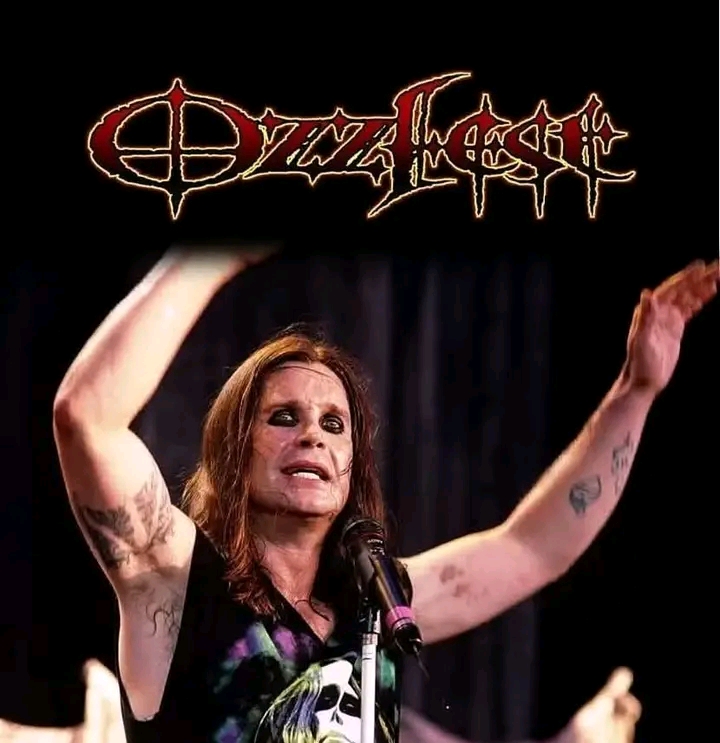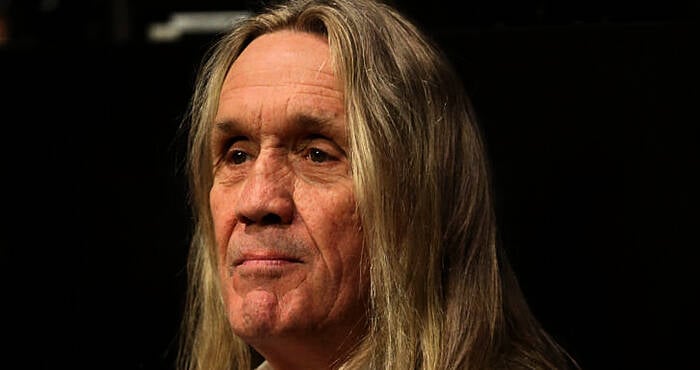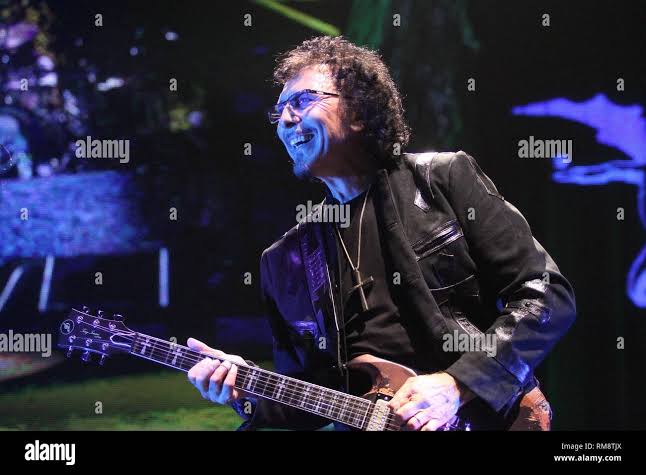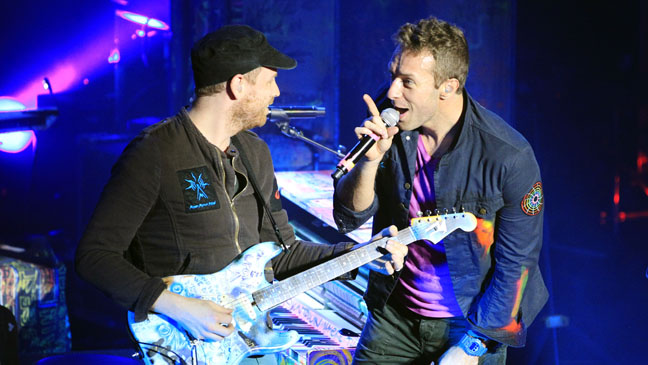BREAKING: Black Sabbath Vocalist Ozzy wife Sharon M…read more.
In 1996, during the golden age of alternative festivals, Sharon Osbourne Ozzy Osbourne’s wife and manager made what seemed like a simple request: to include Ozzy in the Lollapalooza lineup. The response she received was brutal and arrogant:
“Ozzy isn’t relevant. He’s a dinosaur.”
That phrase wasn’t just an insult to the man, but to the legacy of a central figure in heavy metal. Sharon, instead of backing down, responded with fierce determination and changed the course of metal history:
“F**k them! I’ll show them how important he is.”
From that fury, Ozzfest was born a touring festival dedicated exclusively to metal and its many subgenres. Not only did it restore Ozzy’s name from those who had dismissed him as outdated, it also gave a platform to dozens of bands that had no place in the mainstream music scene.
A Sanctuary for the Metal Outcasts
Ozzfest wasn’t just a festival it was a haven for bands that the mainstream didn’t understand or outright rejected. It became a launchpad for a new generation of musicians who embraced the dark, the aggressive, and the politically incorrect.
Bands like Slipknot, often seen as circus acts due to their extreme image, found a fervent audience at Ozzfest who truly understood them. System of a Down, with their political edge and experimental sound, also gained massive traction thanks to the festival.
Other bands such as Disturbed, Mudvayne, Coal Chamber, and Static-X broke genre boundaries, blending metal with industrial, electronic, and even hip-hop elements. Ozzfest gave them a stage where being different wasn’t a drawback it was a strength.
Drowning Pool, Fear Factory, Soulfly, Taproot, Otep, Hatebreed, Devildriver, Lamb of God, Killswitch Engage, Mastodon, DragonForce, Bleeding Through, and In This Moment are just a few examples of artists who found their first real shot at mass audiences through Ozzfest. For many, it was the turning point in their careers.
Even already-established but controversial acts like Marilyn Manson, Pantera, Sepultura, and Black Label Society found in Ozzfest a space to perform freely without censorship or commercial compromise.
Cultural Victory, Financial Struggles
Despite its cultural impact and success with fans, Ozzfest wasn’t immune to internal challenges. Years later, Sharon Osbourne admitted the festival became financially unsustainable:
“Agents and managers thought we were making millions. They started asking for ridiculous fees. It just wasn’t viable anymore.”
Added to that were Ozzy’s growing health concerns, major shifts in the music industry, and an oversaturation of similar festivals. The final edition of Ozzfest took place in 2018, as a special fusion event with Slipknot’s Knotfest a symbolic end to an iconic era.
A Legacy That Lives On
Although the festival is no longer active, its influence remains powerful and undeniable. Ozzfest broke musical hierarchies and gave voice to an entire generation of misunderstood artists. For many fans, it was more than just music it was identity, community, and resistance.
Ozzy Osbourne, the so-called “dinosaur” who was deemed irrelevant, ended up being the meteor that changed the ecosystem of modern rock. He didn’t just refuse to fade away he reshaped the way metal is presented, consumed, and celebrated.
Today, looking back, Ozzfest represents a cultural rebellion led by a woman who refused to take “no” for an answer and by an artist who, despite age and adversity, never lost his rebellious spirit.
Because Ozzfest wasn’t just a stage. It was a war cry. A revenge story. A bold declaration: metal is alive, evolving, and it will never be tamed.
And at the center of it all, arms raised high and crucifix around his neck Ozzy Osbourne, the Prince of Darkness, proving that true legends never go out of style.
🔥🤘🏻🔥



